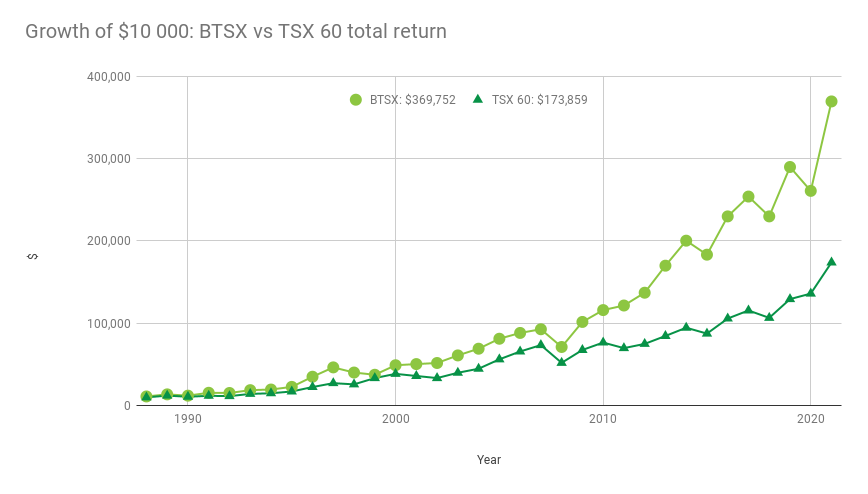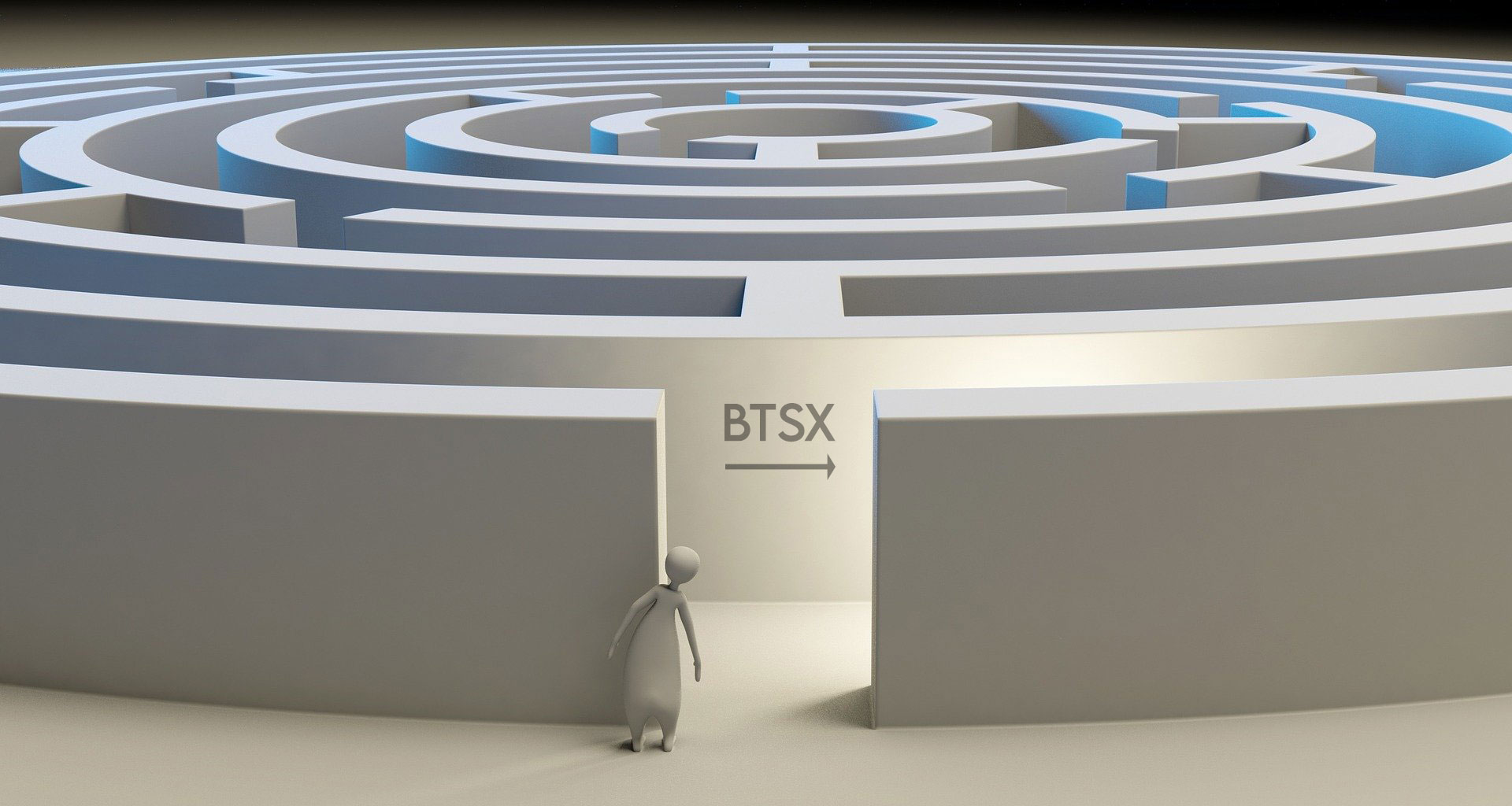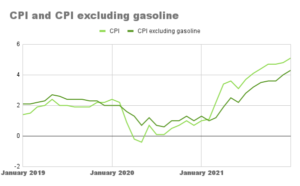We recently decided to move. The short story is that we found and bought the perfect house at a reasonable price and we sold our current house in just four days for over our asking price. Sounds good, right? Upon hearing the news, someone close to me commented, “Wow, you guys really got lucky!”.
Did we? As always, there was some chance involved, but we also made a thousand decisions along the way in an attempt to optimize our chances of a good outcome.
- We researched the housing market for months, waiting for the right house within our budget
- When we found the house, we acted quickly by registering an offer early to intimidate other buyers who didn’t want a bidding war
- Knowing the house was slightly under-priced, we made a generous offer and wrote a letter to go with it because we know that for many sellers it’s not just about the money. Our offer was accepted
- We worked our asses off for several weeks to make our current house looked as appealing as possible
- We got our own inspection showing the house is sound and made the report available to potential buyers so they’d be more confident making an unconditional offer
- We staged the outside of the house
- We staged the inside of the house
- We priced the house aggressively to generate interest
- We held off on offers for four days hoping for more than one offer
- When two competing offers came in we didn’t just accept one, rather we gave them each a chance to improve their offers. They both did.
In hindsight, each of these actions appears to have contributed to our positive end result, but I’m not really taking credit here. Let me tell you, each one was rife with uncertainty. We passed over so many opportunities to buy other “good” houses that we thought we’d never find a “great” one. When we put in our offer, we didn’t know if it would be too high or too low. We didn’t know if working on our current house for several weeks would delay the listing into the bear market that seems to be coming. We didn’t know if holding off on offers would turn buyers off.
We didn’t know what the outcomes would be at all.
What we did know was that, given the situation, there were certain actions that seemed to give us the greatest chance of the outcome that we wanted. We knew things might go awry, but we worked our butts off nevertheless. If we didn’t get the outcome that we wanted, at the very least we’d know we did everything we could.
A mantra for hard times
I had a coach once who taught me a great lesson. He said that most of the time we are seeking ideal outcomes while performing under less-than-ideal circumstances. So, in your quest for greatness, you can either spend your time thinking about all the things you wish were different or ask yourself a simple question: What is the best thing I can do right now given the circumstances? It’s the kind of advice that can be applied across the spectrum of life.
Most of the time, we don’t control outcomes; we control our actions.
The same is true in investing.
The hardest part about being an investor is uncertainty. You don’t know if your decisions are the right ones until the outcomes are known.
To make matters worse, sometimes good decisions are followed by bad outcomes and bad decisions are followed by great outcomes. Actions and outcomes are not perfectly correlated. The relationship is probabilistic and can only be understood with many data points over long periods of time.
Kind vs. wicked learning environments
Behavioural scientists distinguish between kind and wicked learning environments. A kind learning environment is one in which the results of our decisions are immediate, accurate, and abundant. Think chess: as difficult as it is to master, the rules are clear and unchanging, and the players receive immediate rapid feedback from their decisions.
Wicked learning environments, on the other hand, are ones in which our experiences are subject to filters, delays, and distortions. Real estate is a good example. Houses are unique, sellers have their quirks, buyers have their own agendas; the markets shift and lurch with interest rates, seasons, trends, and economic policy. You make decisions and wait months for the results. There is no “right way” to buy or sell and home and the optimal answer is often only clear in hindsight, if ever.
Investing is a wicked learning environment
In How We Know What Isn’t So, psychologist Thomas Gilovich writes, “The world does not play fair. Instead of providing us with clear information that would enable us to ‘know’ better, it presents us with messy data that are random, incomplete, unrepresentative, ambiguous, inconsistent, unpalatable, or secondhand.”
The stock market is another wicked learning environment full of data that is “random, incomplete, unrepresentative, ambiguous, inconsistent, unpalatable, or secondhand.” Look at the wealth that you have achieved. It did not grow easily or steadily, rather in fits and starts and contractions. Building wealth is a journey through a wicked learning environment and it’s not a comfortable one.
Rather than spending, you exercised self-discipline and saved. Rather than giving in to the safety of cash or bonds, you invested in the stock market. Rather than following the trends of cannabis, tech stocks and cryptocurrency, you maintained the slow and steady course with blue-chip dividend-paying stocks (and maybe a few ETFs).
Wicked environments demand better decision making
Your wealth, whatever it is, is neither the result of luck nor following a well-defined process with guaranteed results. It is the result of enduring the discomfort of uncertainty and making good decisions anyway.
Every decision carries risk. If there were no uncertainty, there would be no need to make a decision – your course of action would be obvious. In this time of market turmoil, the right decision is often to sit and do nothing as your portfolio balance decreases. Such is the nature of wicked learning environments.
Dr. Robin Hogarth who co-wrote the book “The Myth of Experience: Why We Learn the Wrong Lessons, and Ways to Correct Them” has advice on how to make better decisions. The first step is to determine how wicked the learning environment that you’re in is. Then ask yourself two questions. First, what is missing from the data that I am using to make decisions? And second, what irrelevant details are in front of me that I should ignore?
As the markets gyrate, you have decisions to make. Do you sell to avoid further losses, change your holdings, or stay the course . . . ? But before any decisions are made, recognize the limitations of the wicked environment you’re in: what you don’t know, and – just as importantly – what you know that is best ignored.
Beating the TSX through the wicked years
Look at the following chart of the performance of Beating the TSX over time.

In 2009, the portfolio fell by over 23%. There were widespread fears that the entire financial system might collapse. If you were an investor during that time as I was, you will remember the gut-wrenching uncertainty. Was it a time to flee to the safety of cash? Clearly not.
If you could go back to 2009, what advice would you give yourself? Probably something like this: “Stick with your plan. If you have money you don’t need in the next five years, keep buying.” That would be good advice. And it’s as good now as it was then because since then, Beating the TSX has had a compound annual growth rate of 13.53% vs. 9.77% for the benchmark. So far, in 2022 the BTSX portfolio is outperforming the benchmark index by 18%.
Final thoughts
We all know the stock market can be a rough ride, but it’s easy to forget how common market corrections are. They are so common that we simply can’t be stock investors without enduring them. Just remember that in wicked environments like the stock market, sometimes good decisions are followed by bad outcomes – at least temporarily. It’s part of the game. What is the best thing you can do given these circumstances?
Thank you so much to those of you who have chosen to support me and this blog with your donations. The fact is that as the blog grows, it gets more expensive to run. I want you to know that your generosity and the thoughtful notes that are often attached to them have a huge impact on the quality of this site.
If you are so inclined, no matter the amount, you can support this site by clicking here:




Also, don,t hesitate to ask certain individuals u trust/ admire in your life about your strategy. They can be very helpful. They don,t have to be family.
Good point, Bob. A second opinion from a reliable source is very valuable.
Matt, thanks again for a great reminder of how to best weather this current storm.
Sure, I wish I sold a few stocks in February rather than watch my portfolio drop but market timing always looks easier in hindsight.
We can’t remind ourselves enough as to what you said: if any of us could go back to 2009, or even April 2020, what would our advice be to ourselves? Buy everything you know to be a good company that looks on sale. But at the very least, don’t sell.
It’s times like this I like to focus on my 12 month forward forecast for dividends and know that this number will continue grow every month no matter what the market is doing. Weeks like this past one, with the banks raising their dividends, doesn’t hurt either! It gives me confidence to stay the course.
Thanks for the comments, James. Once the outcomes are known, it’s so easy to look back and say, “Oh, right – I should have done THAT!”, even if we really did make the best decision given the circumstances.
I also agree wholeheartedly that focusing on dividend income rather than stock prices is a great way to keep ourselves in check.
I am curious if you obtained the help of a broker to buy or sell your house? It sounds like you received some savvy advice on market values and market appropriate strategies that are beyond most DIY investors? Curious to hear your source for market info and advice?
I enjoy your blog and I am glad you had success selling and buying a home.
We live in a small town and enlisted the help of a local agent who is familiar with the area. We are also not new to buying and selling of houses as this will be our 5th house in 15 years. My wife has a very strong interest in real estate and did a ton of market research for us which was invaluable. Pro tip: A very useful app for market research is House Sigma because it gives access to selling prices, time on the market, etc. It is free.
Thanks for the kind words about the blog!